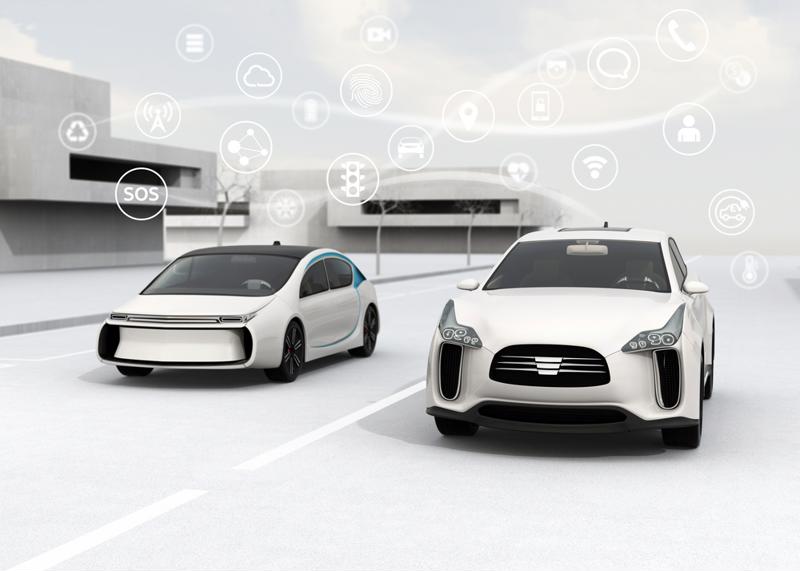

After the long treks to family homes this past holiday season, many are thinking about how easy the trip would have been if they were operating a self-driving car. However, after a series of car accidents following Tesla's self-driving vehicle tests, consumers are unsure if now is the right time to invest.
This blog will consider how different manufacturers and stakeholders are approaching the car feature and how these vehicles are properly tested.

In 2022, most competitive manufacturers are racing to create a fully autonomous vehicle that will allow drivers to literally take the responsibility out of their hands. Investors noted that self-driving vehicles and AI are leading causes for Nvidia's (NVDA) continued growth.
So far, companies like General Motors and Tesla have taken the biggest leaps toward the necessary technology advancements. More recently, though, their autonomous vehicles still require close attention to the road and, at times, hands on the wheel. Even Tesla, the leader in autonomous vehicle driving, is struggling to achieve the perfect vehicle — one with mileage, safety, design and especially full capacity for self-driving.
There are several brake testing errors that have kept the market from accelerating forward fast enough for consumers.
How automatic vehicles are tested is a major part of why they have not passed into the ideal state of full-self driving consumers are craving. Silicon Valley has a slew of regulations and policies surrounding testing. In California, there needs to be a third-party trained, certified test driver who will take the vehicle along a series of trials then send the report to the Department of Motor Vehicles regularly. Reports will include crashes and instances when the driver needed to manually take control of the wheel to avoid a crash.
More recently, Tesla has pulled its press representatives and stopped taking questions about its testing practices as of October 2021 according to Reuters.
Tesla has adjusted the language for its "full-self driving" vehicles by noting that a fully attentive driver needs to be at the wheel at all times. Even this revised phrasing leaves a large gap for policymakers to question whether the vehicle is actually autonomous. This in turn makes the regulatory policies rather loose and unchecked.
A late December 2021 NPR podcast notes that the technology is still faulty. The episode did note that "when it's working, the vehicle can automatically control its speed and steering without the driver having to touch a pedal or the steering wheel." However, the advancement is not completely reliable. This is due to the fact that it runs primarily through GPS approximation. In instances of road work or closures where GPS is not typically updated to account for the change, the autonomous technology will hand the power back to the driver.
While there are warning signs in more current vehicles like the General Motors Super Cruise where the dashboard will flash warning signs and even vibrate the driver's seat, this may not be enough when a situation needs immediate attention. If, for example, a crash happens just in front of the autonomous car, the driver would not have enough time to react if they were not fully attentive to the road.
To address this concern, according to the NPR article mentioned above, the vehicle will track the driver's eye movements to measure their attentiveness. Should the driver be distracted, the vehicle will try to make the alerts more apparent and signal sooner than if the driver was truly watchful of the road.
While this doesn't necessarily mean that the driver and their passengers will be completely absolved of their duty to the road, it is a step closer to autonomous driving than the industry once was.
Greening Testing Laboratories is a fully certified brake testing lab that provides a variety of brake testing services worldwide. Contact Greening for a complimentary consultation. We have the technology and the dedication to vehicle safety to ensure that cars are prepared to protect their passengers at all times — autonomous driving or not.